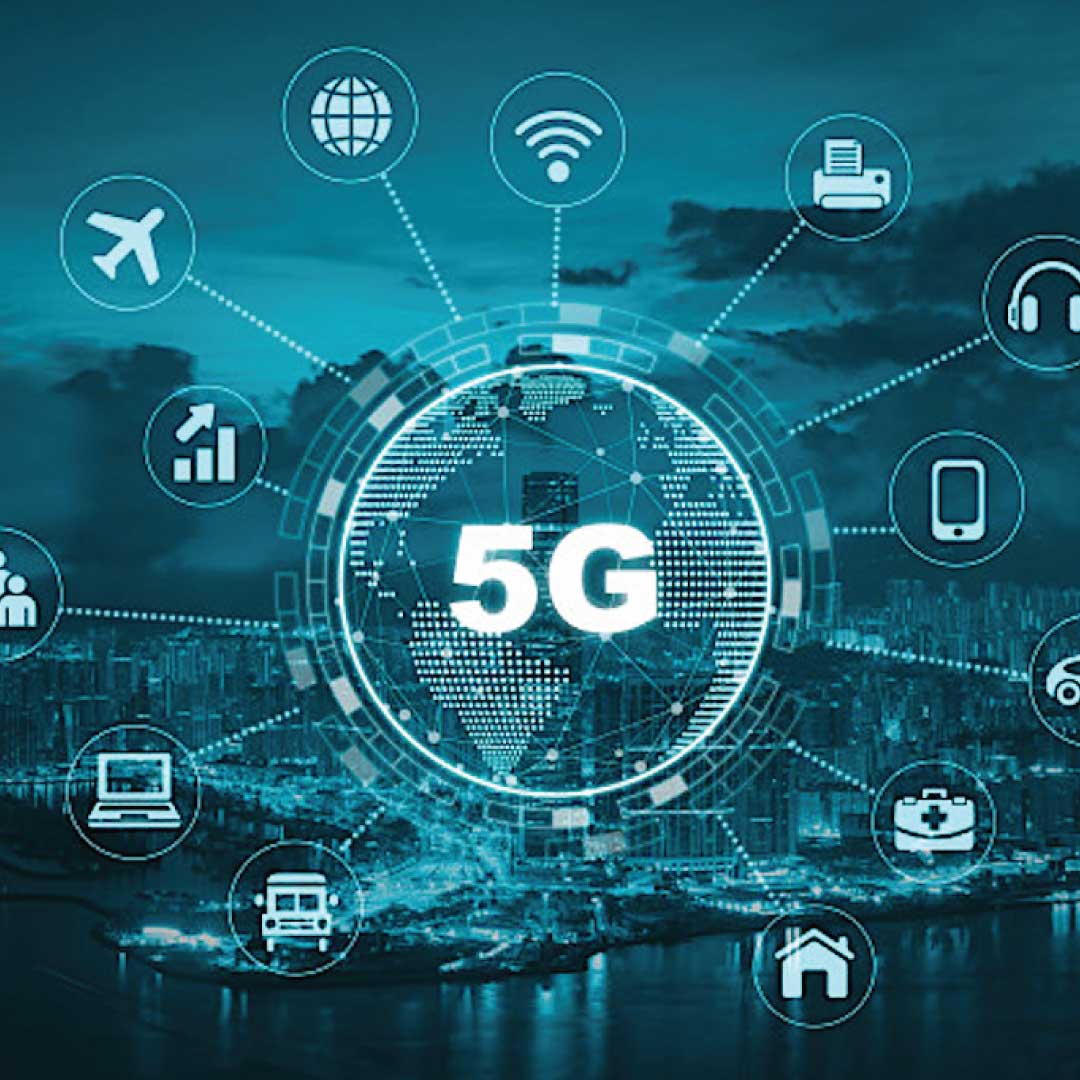Buried deep in every individual is the fear of being left behind by society. We see this in the way people run after trends. People keep running to meet up societal standards of perfection in various aspects of life. This constant need to improve and do more has moved us from the 2nd, 3rd, and 4th generations of technology to the computer age that is now called, 5G. Calendar
What is 5G Technology
5G network is based on parallel processing hardware and AI (Artificial Intelligence) software. All the high-level languages like C and C++, Java, .Net etc., are used in this generation. 5G wireless technology is meant to deliver higher multi-Gbps(gigabytes per second) peak data speed, ultra-low latency, more reliability, massive network capacity, increased availability, and a more uniform user experience.
It was gathered in a study conducted by Viavi Solutions in February of 2021 that the 5G network is no longer a myth as many countries have already gone past the testing phase and that the 5th generation of computers is forcefully advancing.
Commercial 5G is now available in 1.336 cities in 61 countries across the world, equal to an increase of 350% on 2020 data, which listed just 376 cities possessing this technology. The growth of 5G has reached 30% of the world population with China, America, Asia, Europe, and Africa as groundbreakers in this astonishing age of fifth-generation technology.
List of African countries with 5G network
According to GSMA (Global System for Mobile Communications- an organization representing mobile network operators worldwide), Safaricom launched 5G network in Kenya in February 2021. This makes Kenya the second country in Africa to launch 5G after South Africa’s 5G roll out in 2020.
In South Africa, Vodacom launched its commercial 5G network in Johannesburg, Cape Town, and Pretoria in May 2020. In June 2020, MTN launched the 5G technology in 100 sites across
Johannesburg, Cape Town, Bloemfontein, and Port Elizabeth.
5G Network in Nigeria

In Nigeria, NCC (Nigeria communication commission) surpassed the price it sold GSM licenses over 20 years ago in the auction of its 2 available lots of 100 MHz TDD slots of 3.5GHz band ranging from 3500-3600 MHz and 3700-3800 MHz.
The bid for 3.5GHz license spectrum at Transcorp Hilton where Professor Danbata, the vice-chairman of NCC announced that after 11 rounds of bidding which lasted for 8 hours, Mafab Communications Ltd and MTN Nigeria Plc, emerged the two successful winners of the 3.5 gigahertz (GHz) spectrum auction for the deployment of Fifth Generation (5G) technology to support the delivery of Ubiquitous broadband services in Nigeria.
The winners of the auction of the 3.5 GHz license spectrum MTN Nigeria and MAFAB Communications Ltd, would pay the sum of $273.6 million as full payment of the license fee before February 24, 2022, and roll out 5G network across Nigeria.
In this fifth generation, VLSI (Very large scale Integration) technology has become ULSI (Ultra Large Scale Integration) technology, resulting in the production of microprocessor chips having ten million electronic components.
In Conclusion
There are several technology corporations like Qualcomm, (a multinational technology corporation that has over the years, spearheaded ground-breaking research especially in Al (Artificial Intelligence), wireless technology and mobile communication standards) who, building on their 3G and 4G technology leadership, continue to spearhead research for the 5G evolution.
Their efforts are leading to the invention of technologies that will unlock the full potential of 5G and enable an even more intelligently connected future for humanity.




